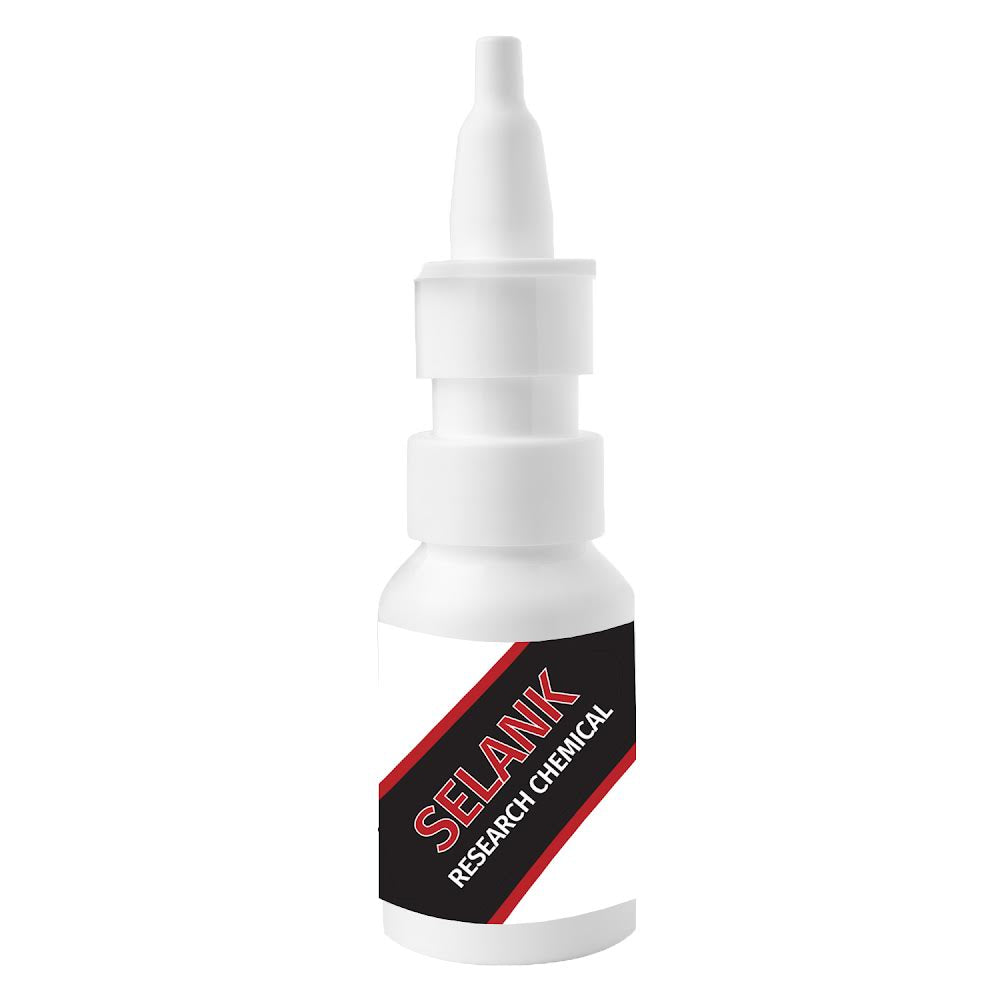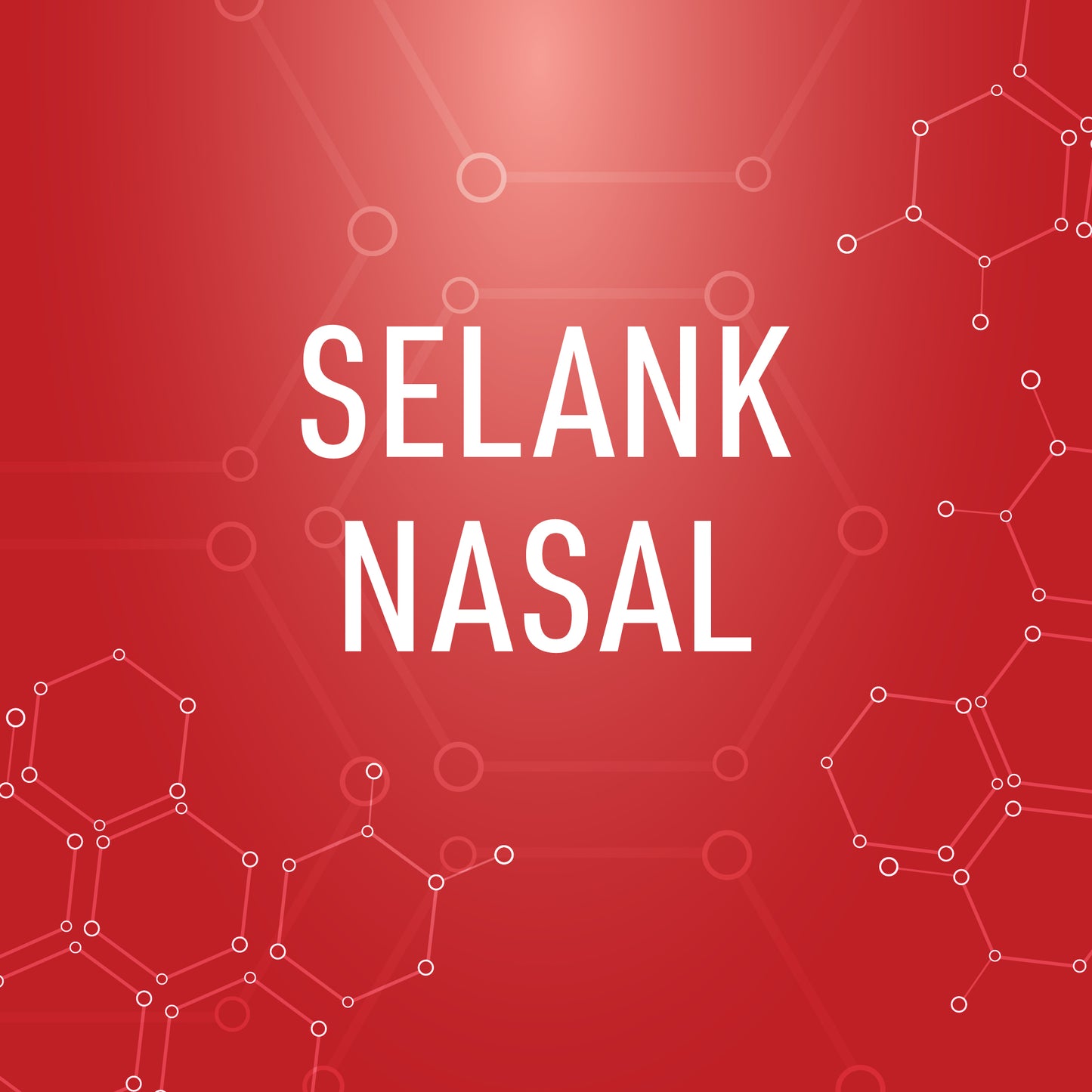1
/
of
2
apexlabsusa
SELANK | 10MG
SELANK | 10MG
Regular price
$60.00
Regular price
$75.00
Sale price
$60.00
Unit price
/
per
Couldn't load pickup availability
Concentration: 10MG of Selank RESEARCH CHEMICAL
50 MCG PER SPRAY
| Chemical Information | Selank |
|---|
| CAS Number | 129954-34-3 |
| PubChem CID | 9941425 |
| Molecular Weight | 751.9 g/mol |
| Molecular Formula | C₃₃H₅₇N₁₁O₉ |
| Synonyms | TP-7, Selanc, Thr-Lys-Pro-Arg-Pro-Gly-Pro |
| Storage (Lyophilized) | Cool, dark, and dry storage. |
TERMS: All products sold by APEX LABS are expressly intended for research and laboratory purposes only. These products are not designed, formulated, or approved for human consumption, medical, veterinary, or household applications.
It is strictly forbidden to use any products obtained from APEX LABS for any purposes other than research and laboratory use. This includes but is not limited to any form of consumption, medical treatment, veterinary use, or household application.
APEX LABS maintains a no-sell list of individuals and entities that have been found to violate our intended use policy. Any person or organization found to be using our products improperly will be added to this list, thereby prohibiting them from making future purchases from APEX LABS.
Share



